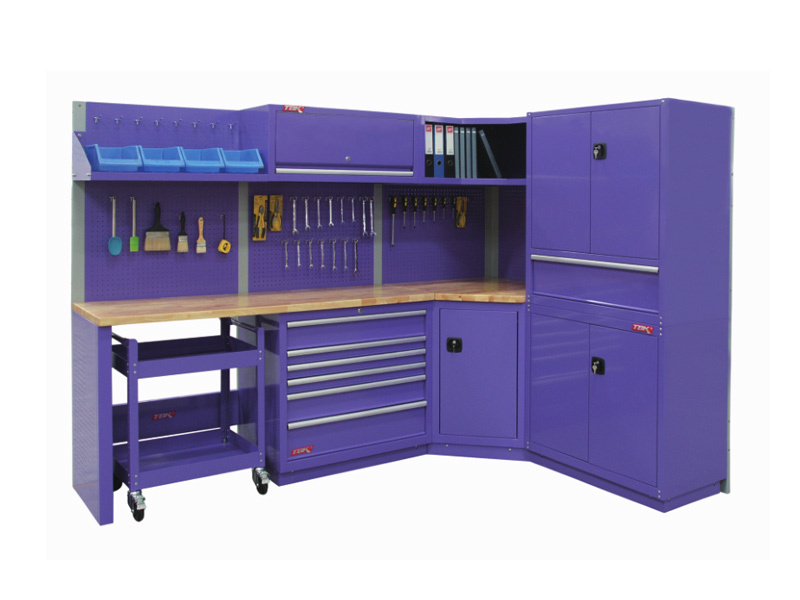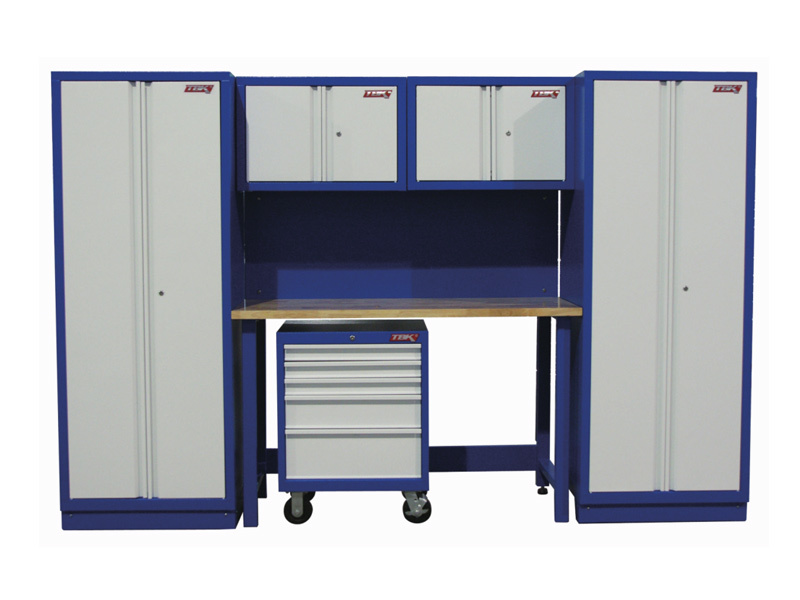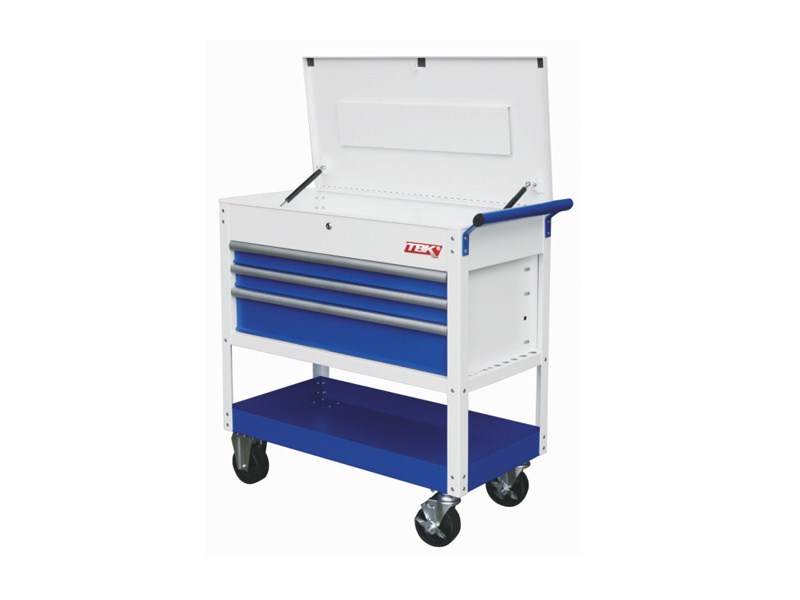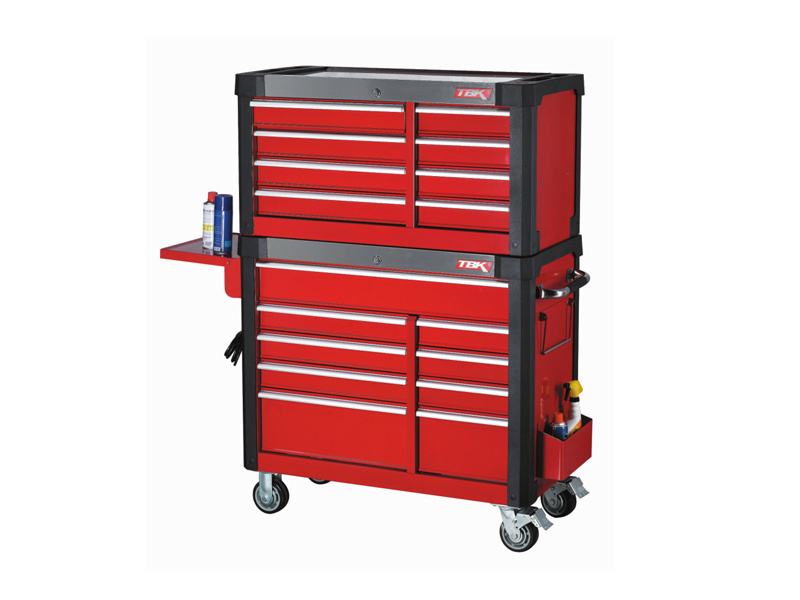The Essential Guide to Tool Boxes in Manufacturing and Machine Tool Accessories
Release time:
Nov 07,2025
In the world of manufacturing and machining, a well-organized workspace is crucial for optimal productivity. One of the key components that contribute to this efficiency is the tool box. A tool box serves as more than just a storage solution; it is an essential element that can significantly impact the workflow of machine tool operations. First and foremost, a tool box allows for the systematic or
In the world of manufacturing and machining, a well-organized workspace is crucial for optimal productivity. One of the key components that contribute to this efficiency is the tool box. A tool box serves as more than just a storage solution; it is an essential element that can significantly impact the workflow of machine tool operations.
First and foremost, a tool box allows for the systematic organization of tools and accessories. In a manufacturing environment, where various tasks require different tools, having a dedicated space for each item helps prevent loss and minimizes downtime. Workers can quickly access the necessary tools, which not only speeds up the machining process but also reduces frustration. An organized tool box can be a game-changer, particularly in complex operations that involve multiple machine tools.
When selecting a tool box, it is important to consider the types available. There are portable tool boxes, which are ideal for workers who need to move tools between different job sites or areas within a facility. On the other hand, stationary tool boxes are designed for larger spaces and may come with drawers and compartments that accommodate various tool sizes and types. Understanding the specific needs of your workspace will help you choose the right tool box for your operations.
In addition to organization, tool boxes can greatly enhance safety in the workplace. By keeping tools securely stored and organized, the risk of accidents related to misplaced or unsecured tools is significantly reduced. Moreover, many modern tool boxes come equipped with features such as locking mechanisms, ensuring that valuable tools remain safe when not in use.
Moreover, the design and material of a tool box can affect its durability and functionality. High-grade materials such as steel or heavy-duty plastic provide longevity, especially in busy manufacturing environments where tools are frequently used. Investing in a quality tool box can lead to long-term savings by reducing the need for replacements.
Another advantage of utilizing a tool box in a manufacturing setting is the potential for customization. Many tool boxes can be outfitted with modular inserts and trays that allow users to tailor the interior layout to their specific needs. This level of customization enhances efficiency, as each tool has its designated space, further streamlining the workflow.
In conclusion, tool boxes play a vital role in the manufacturing and machining industry. They not only assist in organizing tools for easy access but also enhance safety and efficiency in the workplace. By investing in a quality tool box tailored to your needs, you can create a more productive environment, ultimately contributing to the success of your operations.
First and foremost, a tool box allows for the systematic organization of tools and accessories. In a manufacturing environment, where various tasks require different tools, having a dedicated space for each item helps prevent loss and minimizes downtime. Workers can quickly access the necessary tools, which not only speeds up the machining process but also reduces frustration. An organized tool box can be a game-changer, particularly in complex operations that involve multiple machine tools.
When selecting a tool box, it is important to consider the types available. There are portable tool boxes, which are ideal for workers who need to move tools between different job sites or areas within a facility. On the other hand, stationary tool boxes are designed for larger spaces and may come with drawers and compartments that accommodate various tool sizes and types. Understanding the specific needs of your workspace will help you choose the right tool box for your operations.
In addition to organization, tool boxes can greatly enhance safety in the workplace. By keeping tools securely stored and organized, the risk of accidents related to misplaced or unsecured tools is significantly reduced. Moreover, many modern tool boxes come equipped with features such as locking mechanisms, ensuring that valuable tools remain safe when not in use.
Moreover, the design and material of a tool box can affect its durability and functionality. High-grade materials such as steel or heavy-duty plastic provide longevity, especially in busy manufacturing environments where tools are frequently used. Investing in a quality tool box can lead to long-term savings by reducing the need for replacements.
Another advantage of utilizing a tool box in a manufacturing setting is the potential for customization. Many tool boxes can be outfitted with modular inserts and trays that allow users to tailor the interior layout to their specific needs. This level of customization enhances efficiency, as each tool has its designated space, further streamlining the workflow.
In conclusion, tool boxes play a vital role in the manufacturing and machining industry. They not only assist in organizing tools for easy access but also enhance safety and efficiency in the workplace. By investing in a quality tool box tailored to your needs, you can create a more productive environment, ultimately contributing to the success of your operations.
More information





